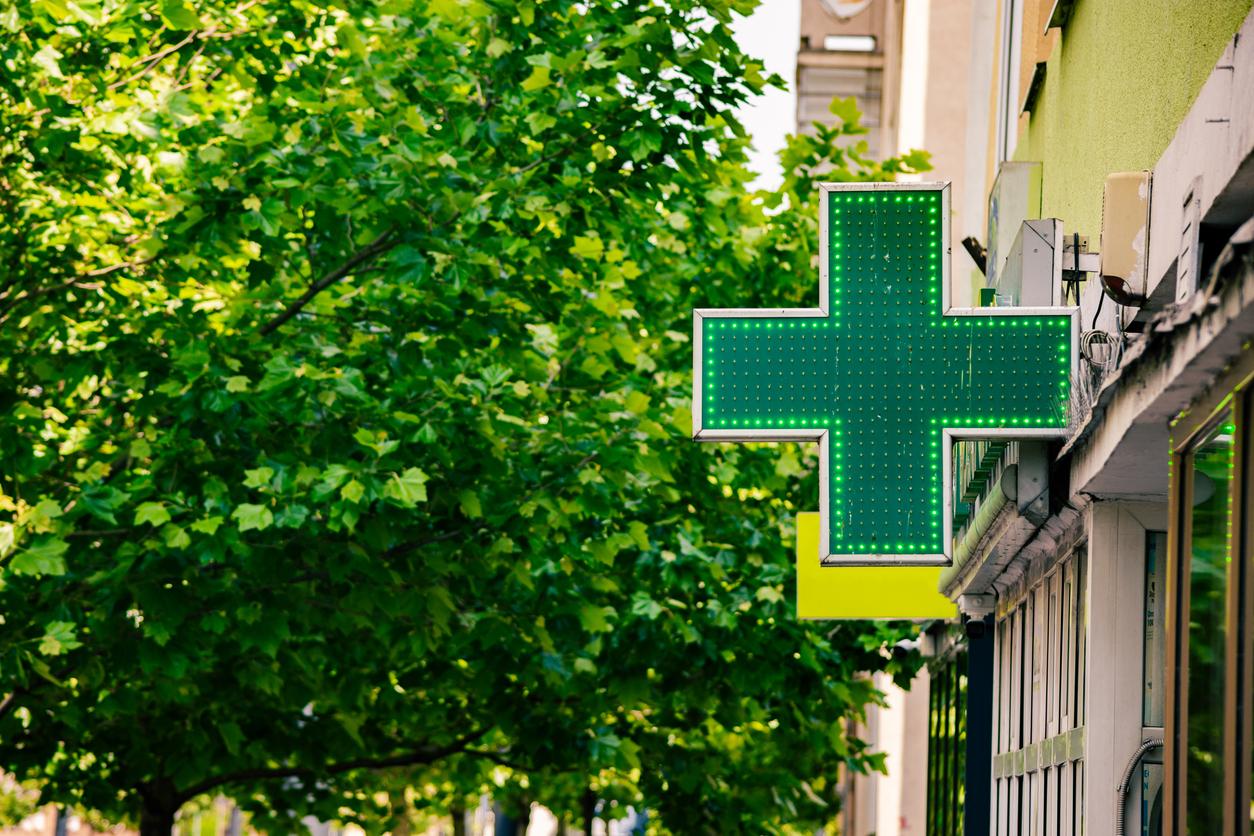The emergency strike continues to intensify with 211 services now mobilized in France, according to a press release published by the collective Inter-Urgences.

Far from weakening, the emergency strike movement initiated in March in France is gaining momentum this summer. On June 11, 101 services were on strike, on July 23 they were 203, now they are 211, reveals a press release published Monday evening July 29 by the Inter-Urgences collective. The latter also takes the opportunity to call on all the hospital services mobilized to meet on September 10 at a national general assembly before the big national day of action.
Furious at the “deterioration of patient reception conditions”, the strikers are demanding more beds, the recruitment of 10,000 paramedics for emergencies and a salary increase of €300 net monthly. Another major area of concern: insecurityinsults and physical violence being more and more frequent in the hospital.
After months of strike, the Minister of Health Agnès Buzyn ended up announcing in mid-June the release of 70 million eurosincluding 55 million devoted to the generalization and revaluation of a risk premium of 100 euros net monthly, paid from July to all emergency service professionals, except doctors. She also mentioned 15 million euros to allow “emergency services under tension” to “reinforce their paramedical staff during the summer period and thus maintain a maximum of beds open”. But these promises did not calm the strikers.
[Communiqué de presse]
211 service#emergency room on strike today. Increase in the number of “stretcher hospitalizations” as expected despite the envelope proposed by the Minister @agnesbuzyn.
?? Organization of a new National General Assembly on September 10 in Paris! pic.twitter.com/k3vnJCAkPQ– The Inter-Emergencies (@InterUrg) July 29, 2019
“Stop bed closures”
“The majority of services did not see the color of the arrowed envelopes to overcome the summer difficulties, explains Inter-Urgences in its press release, insisting on “the absolute need to stop bed closures”. And to give the example of Saint-Nazaire (Loire-Atlantique) where, last week, 103 stretcher hospitalizations took place due to the lack of beds. “Since the overall hospital budget is not increased, emergency recruitment will be at the expense of other activities, such as medicine or surgery. We categorically refuse this policy of opposition between services”, continues the collective.
According to an Odoxa-MNH-Le Figaro Santé-France Info poll carried out in June, this movement enjoys “total, unprecedented and unconditional support in public opinion”. Indeed, 92% of French people and 96% of hospital staff and health professionals support the strikers. This is explained because for 77% of French people and 91% of hospital and nursing staff, emergency services are deteriorating. And the respondents recognize their share of responsibility since 29% of those questioned “admit having already gone to emergency services for ‘bad’ reasons, in particular for comfort / ease and because it avoided advance costs” (1 in 10 French people).
“Besides, in the barometric section of our survey, emergencies have been THE solution found by more than 1 in 20 French people (6%) and especially by 1 in 10 healthcare professionals who have been sick in recent months, instead of consulting their doctor”, explained Gaël SLIMAN, co-founder and President of Odoxa.
If you want to know if your emergencies are on strike, click here.
.

















